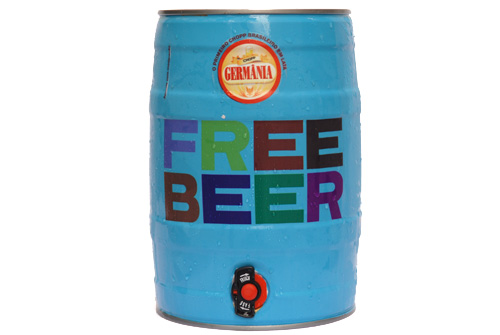From Benjamin Franklin’s autobiography, freely available at your local library or from Dailylit.com. These were the main tenets that he lived his life by, adapted from the Presbyterian church (though he claims not to have been a serious, church going man).
I propos’d to myself, for the sake of clearness, to use rather more names, with fewer ideas annex’d to each, than a few names with more ideas; and I included under thirteen names of virtues all that at that time occurr’d to me as necessary or desirable, and annexed to each a short precept, which fully express’d the extent I gave to its meaning.
These names of virtues, with their precepts, were:
1. TEMPERANCE. Eat not to dullness; drink not to elevation.
2. SILENCE. Speak not but what may benefit others or yourself; avoid trifling conversation.
3. ORDER. Let all your things have their places; let each part of your business have its time.
4. RESOLUTION. Resolve to perform what you ought; perform without fail what you resolve.
5. FRUGALITY. Make no expense but to do good to others or yourself; i.e., waste nothing.
6. INDUSTRY. Lose no time; be always employ’d in something useful; cut off all unnecessary actions.
7. SINCERITY. Use no hurtful deceit; think innocently and justly, and, if you speak, speak accordingly.
8. JUSTICE. Wrong none by doing injuries, or omitting the benefits that are your duty.
9. MODERATION. Avoid extreams; forbear resenting injuries so much as you think they deserve.
10. CLEANLINESS. Tolerate no uncleanliness in body, cloaths, or habitation.
11. TRANQUILLITY. Be not disturbed at trifles, or at accidents common or unavoidable.
12. CHASTITY. Rarely use venery but for health or offspring, never to dulness, weakness, or the injury of your own or another’s peace or reputation.
13. HUMILITY. Imitate Jesus and Socrates.
 …And thanks for all the fish, M*&%erf@#$er.
…And thanks for all the fish, M*&%erf@#$er.



